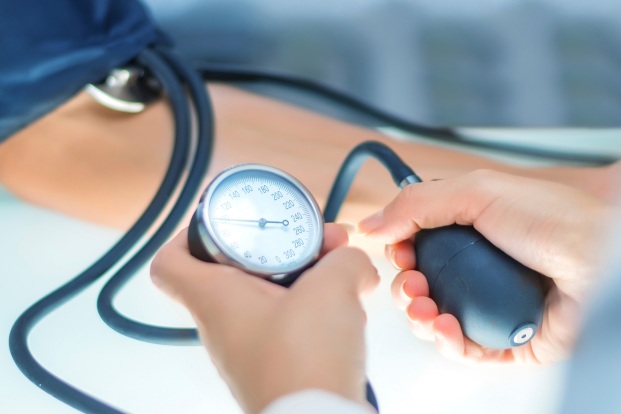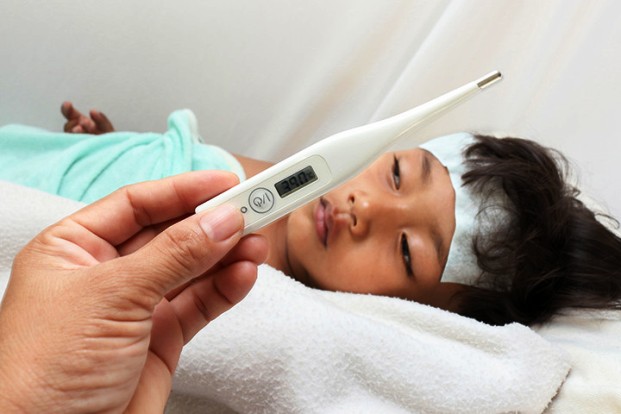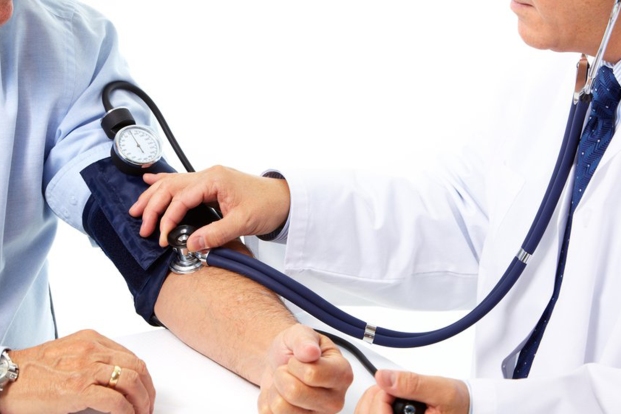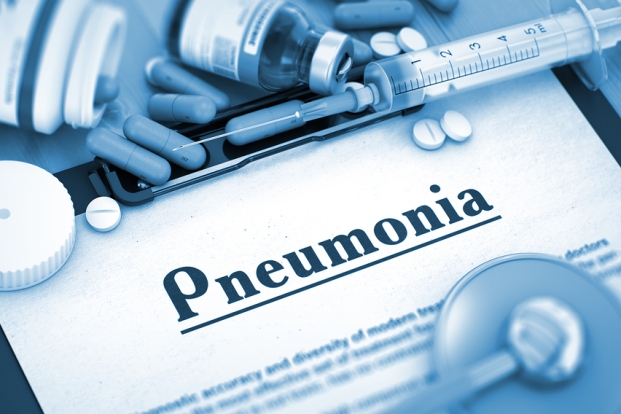Categories
- Bariatric Surgery (11)
- Black Fungus (5)
- Bone Marrow transplant (3)
- Brain Tumor Surgery Navigation Technology (20)
- Cardiac Surgery (66)
- Cardiology (97)
- Computer navigation technology for joint replacements (20)
- Covid Vaccination (17)
- Critical Care (2)
- Dental (19)
- Dermatology (31)
- Dialysis Support Group - “UTSAAH” (11)
- Dietitian (33)
- Emergency Medicine (4)
- Emotional Health (11)
- Endocrinology (33)
- ENT (20)
- Gastroenterology and GI Surgery (53)
- General and Laparoscopic Surgery (21)
- General Surgery (4)
- Gynecology & Obstetrics (183)
- Hematology (20)
- Internal Medicine (294)
- Kidney Transplant (50)
- Kidney Transplantation (20)
- Lung Cancer (8)
- Minimal Invasive Surgery (1)
- Mother & Child (20)
- mucormycosis (5)
- Nephrology (61)
- Neurology (147)
- Neurosurgery (68)
- Nutrition and Dietetics (107)
- Omicron Variant (1)
- Oncology (288)
- Ophthalmology (10)
- Orthopaedics & Joint Replacement (86)
- Paediatrics (59)
- Pediatric Nephrology (3)
- Physiotherapy (5)
- Plastic & Reconstructive Surgery (6)
- Psychiatry and Psychology (90)
- Psychologist (28)
- Pulmonology (72)
- Rheumatology (13)
- Spine Services (21)
- Transradial Angioplasty (16)
- Urology (84)
Query Form
Posted on Apr 19, 2022
Know all about Hypertension
High blood pressure is called hypertension. Persistently high blood pressure is responsible for long term problems like heart attack, stroke, hypertensive retinopathy, hypertensive nephropathy. High blood pressure can be present for years without any symptoms. A few people with high blood pressure may have headaches, shortness of breath or epistaxis (bleeding from nose). These are not hypertension specific symptoms. These occurs if blood pressure is very high.

Risk factors for hypertension:–
1. High blood pressure is more common in men.
2. High blood pressure tend to run in families
3. Obesity
4. Sedentary lifestyle
5. Tobacco use
6. Excessive salt in diet
7. Stress
Blood pressure should be checked in both the arms to see if there is any difference. While measuring blood pressure it is very important to use appropriate size cuff.
Classification of hypertension:-
Primary (essential hypertension)
In most people there is no identifiable cause of high blood pressure. This is called primary or essential hypertension. It develop over a period of time.
Secondary hypertension
Few people have high blood pressure caused by some underlying medical problem. This type of blood pressure is called secondary hypertension. These conditions are:-
1. Obstructive sleep apnoea
2. Kidney problems
3. Adrenal gland tumours
4. Illegal drugs like cocaine, amphetamines
Diagnosis
1. Normal blood pressure is 120/80 mmHg
2. Elevated blood pressure is a systolic pressure ranging from 120 to 129 mm Hg and diastolic pressure below 80mmHg.
3. Stage 1 hypertension is a systolic pressure ranging from 130 to 139 mmHg or a diastolic blood pressure ranging from 80 to 89 mmHg
4. Stage 2 hypertension is a systolic blood pressure of 140 mmHg or higher or a diastolic pressure of 90 mmHg or higher.
Treatment
Lifestyle changes
1. Salt restricted diet
2. Regular physical activity
3. Weight reduction if overweight or obese
Treatment goal is to bring blood pressure to less than 130/80 mmHg
Medications
1. Diuretics
2. Angiotensin – converting enzyme (ACE)inhibitors
3. Angiotensin receptor blockers (ARBs)
4. Calcium channel blockers
5. Beta Blockers
6. Alpha blocker
If the blood pressure is not getting controlled on three medicines one of which is a diuretic it is called resistant hypertension.



